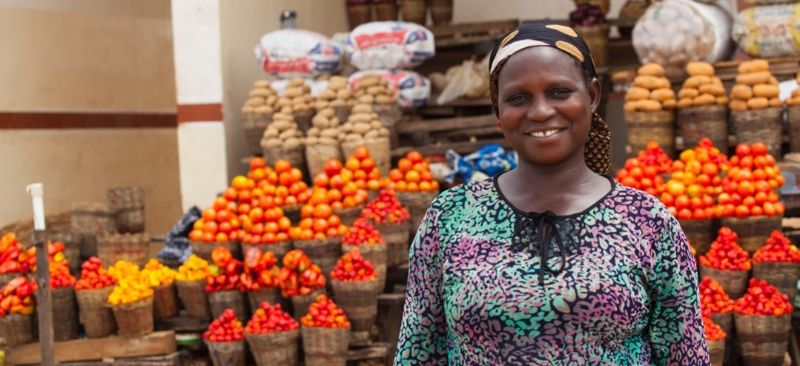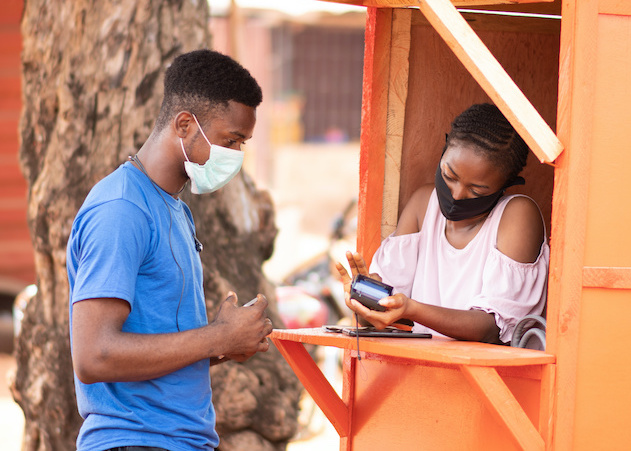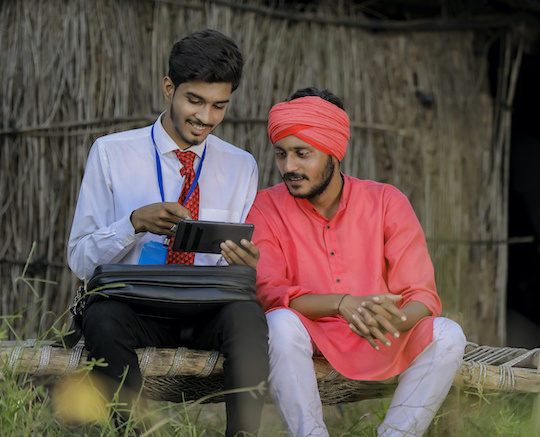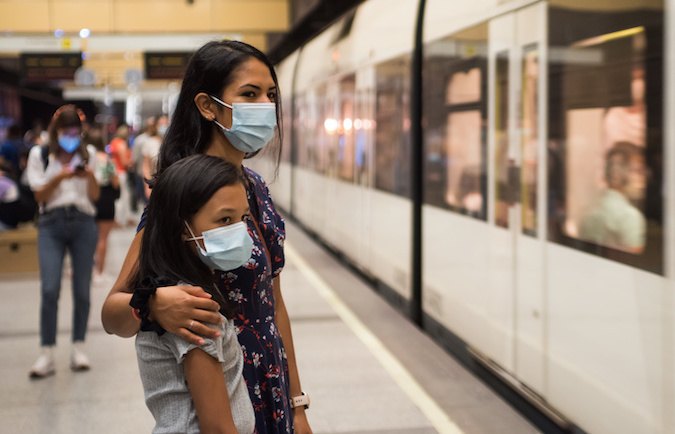

The Philippines' Social Amelioration Program started in March of 2020 sought to provide cash assistance to 18 million households. The first tranche of payments experienced significant delivery challenges, leading to changes in the second tranche. This case study aims to document lessons learned from the second tranche.








 Amr Hosny and Alexandre Sollaci
Amr Hosny and Alexandre Sollaci 













